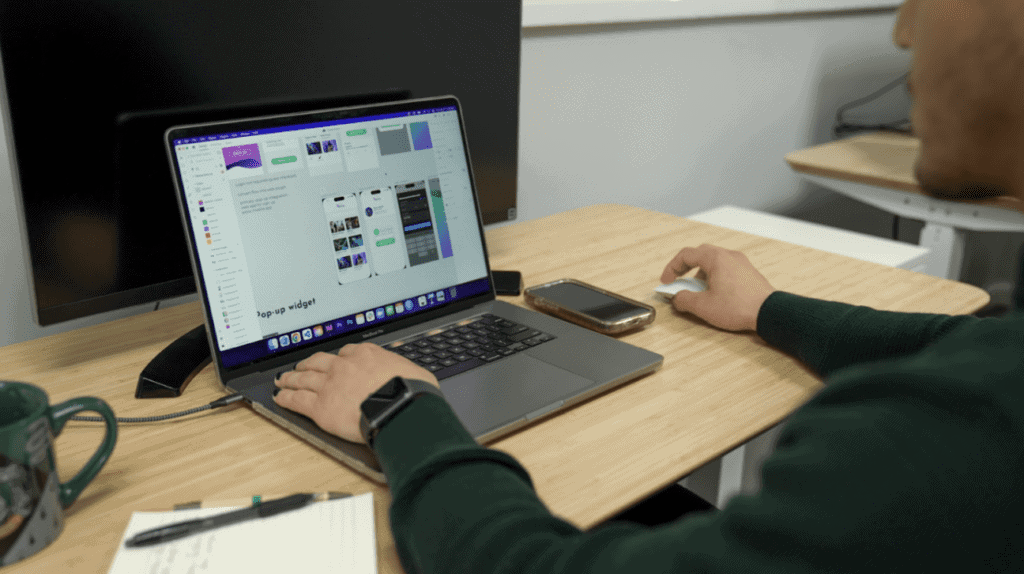In the ever-evolving landscape of business, staying ahead of the curve is crucial for success. One of the game-changers in this pursuit is the integration of mobile applications into Business Process Automation (BPA). In the digital age, businesses use mobile apps to improve efficiency, increase productivity, and generate more revenue.
Before diving into the role of mobile applications, let’s grasp the essence of Business Process Automation. BPA involves the use of technology to automate complex business processes, reducing manual intervention and minimizing errors. This ensures efficiency, accuracy, and cost-effectiveness, allowing businesses to focus on strategic initiatives.

The Rise of Mobile Apps in BPA
With the widespread adoption of smartphones and tablets, mobile apps have become essential tools in the business world. These apps play a huge role in enhancing BPA by providing a flexible and accessible platform for managing and monitoring various processes.
1. Accessible Anytime, Anywhere
Mobile apps empower employees to access critical business processes on the go. Whether it’s approving invoices, checking inventory levels, or monitoring project timelines, the ability to perform these tasks from anywhere ensures that operations are not bound by physical constraints.
2. Real-time Data and Analytics
One of the key advantages of mobile apps is the access to real-time data and analytics. Decision-makers can stay informed about the current status of processes, allowing them to make quick and informed choices. This real-time visibility contributes to agile decision-making and fosters a proactive approach to problem-solving.
Key Features of Mobile Apps in BPA
1. User-friendly Interfaces
The success of any app depends on its user interface. Intuitive and user-friendly interfaces ensure that employees can navigate through various processes effortlessly, promoting widespread adoption and positive user experiences within the company.

2. Integration Capabilities
Mobile apps developed for BPA should seamlessly integrate with existing software and systems. This integration capability allows for a cohesive environment where data flows seamlessly across different departments which optimizes overall efficiency.
3. Automation of Repetitive Tasks
The goal of BPA is to automate repetitive and time-consuming tasks. Mobile apps excel in automating business. Freeing up valuable human resources for more strategic and creative endeavors. From data entry to document approval, mobile apps handle routine processes with precision.
4. Enhanced Collaboration and Communication
Collaboration is the heartbeat of modern businesses. Mobile apps facilitate seamless communication and collaboration among team members, regardless of their physical location. These apps help people work together by sharing documents, updating project statuses, and having virtual meetings.
Challenges and Considerations
While the benefits are clear, implementing mobile apps in BPA comes with its set of challenges. Businesses must address security, compatibility, and employee training to ensure a smooth transition.
The fusion of mobile apps with Business Process Automation brings a new age of efficiency and productivity. Organizations that embrace this, position themselves for success in a competitive landscape. Mobile apps are necessary for growth and innovation in BPA. Use mobile apps, automate smartly, and see your business processes become agile, efficient, and successful.



